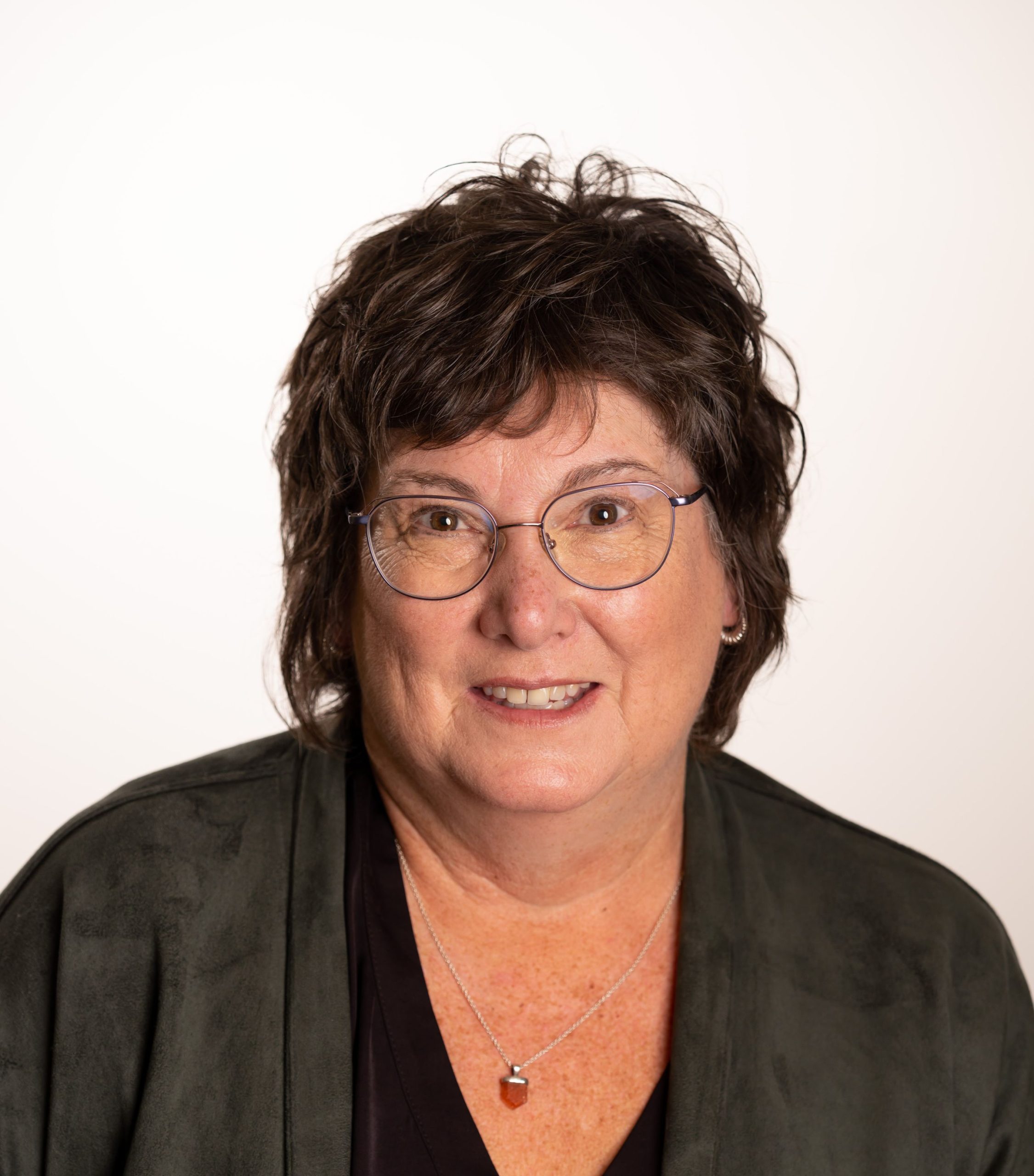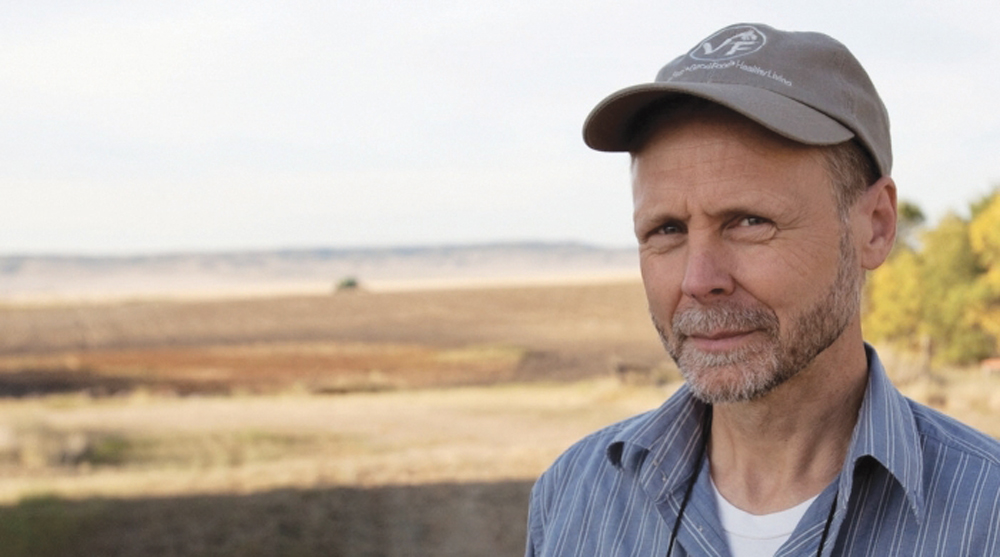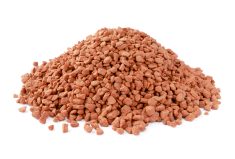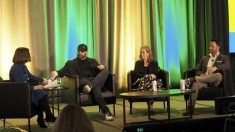The organic sector must tread carefully or risk getting caught in the crossfire in the growing debate over social licence in agriculture, the president of the Canadian Organic Trade Association says.
Dag Falck told the recent Organic Connections conference in Regina that while organic farmers are rarely targeted by consumers who have concerns over how their food is produced, they are sometimes accused of making the rest of agriculture look bad.
“It seems like the finger is being pointed at us like we caused this,” Falck said in an interview following his presentation. “That’s what I’m picking up… it is, ‘look at what we have to deal with because you wrecked it for us.’”
Read Also

Manitoba sclerotinia picture mixed for 2025
Variations in weather and crop development in this year’s Manitoba canola fields make blanket sclerotinia outlooks hard to pin down
Falck, a former organic inspector who has worked as organic program manager for Nature’s Path Organic Foods since 2003, said there is an element of that among organic consumers who tend to be vocal about their concerns about mainstream agricultural practices. “They are making claims saying you should avoid conventional food because of all of these problems and find the alternative in organic food,” he said. “It’s not really organic farmers saying that so much as it is consumer groups.”
But because organic production systems offer an alternative to modern agricultural tools, such as pesticides and genetically modified crops, it makes it harder for the industry to convince consumers those approaches are essential.
Falck said the challenge facing the organic sector is determining whether it wants to be part of the broader discussion around social licence and if so, how it should participate.
He noted the industry’s efforts so far to win back consumers’ trust with information campaigns and “talking points” that explain modern agriculture aren’t working, because the problem isn’t a lack of information. “They basically don’t agree,” he said.
“What’s missing is… what’s the action that they are going to take? The trust is lost, so what is the action that they are going to take to change something to regain the trust?
Telling consumers that they are wrong won’t work. “Everybody knows in marketing that the consumer is right. The consumer being right doesn’t mean that they are scientifically right or whatever, it is that they have choice and what they choose is right,” Falck said.
Telling consumers products are safe because there is a regulatory system isn’t effective because the regulatory system doesn’t hold up to scrutiny. The government does not test new products and technologies, it reviews data supplied by applicants.
“So I think that to develop a social licence for conventional food, at some point, they are going to have to address the regulatory system,” he said. “And sit down and have that conversation with consumers who are having concerns, and say that ‘we think GMOs are safe and we’ve changed the approval process to really scrutinize it and really make sure that it is safe.
‘And if we find out in that process that it’s not, we’re going to stop using it or we’re going to phase it out, or we’re going to look for alternatives.’ That’s the kind of conversation that would lead to trust.”
Falck urged organic farmers to avoid being evangelists for how they practise farming and become more engaged in sharing knowledge that can benefit the whole sector.
“Focus more on the tools and sharing those tools more openly and less on everybody’s got to be certified organic,” he said. “Instead of saying, we want you to become organic, we need to say, you know another way to solve the issue of fertility or weed control by using less pesticides, you could try this tool, i.e. cover cropping.
“I think the shift that needs to happen is we need to start saying, ‘we have a contribution to agriculture, to all of agriculture.’”
“We won’t become a leader in agriculture if we are constantly saying you are doing it wrong.”




















